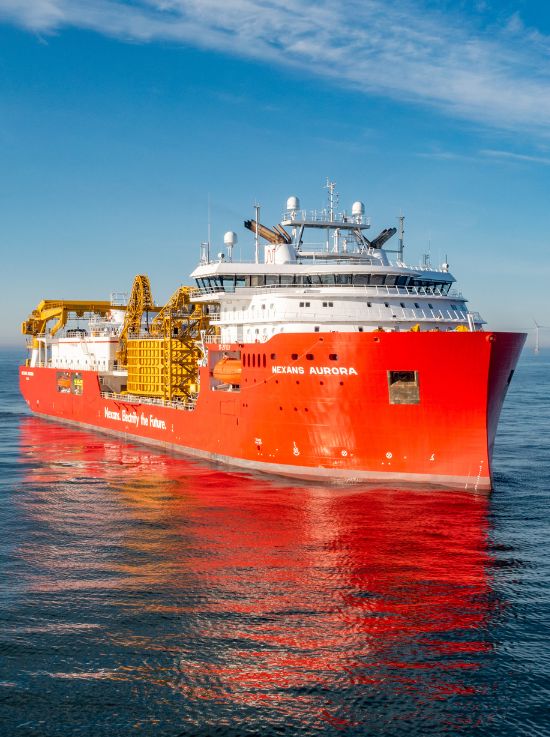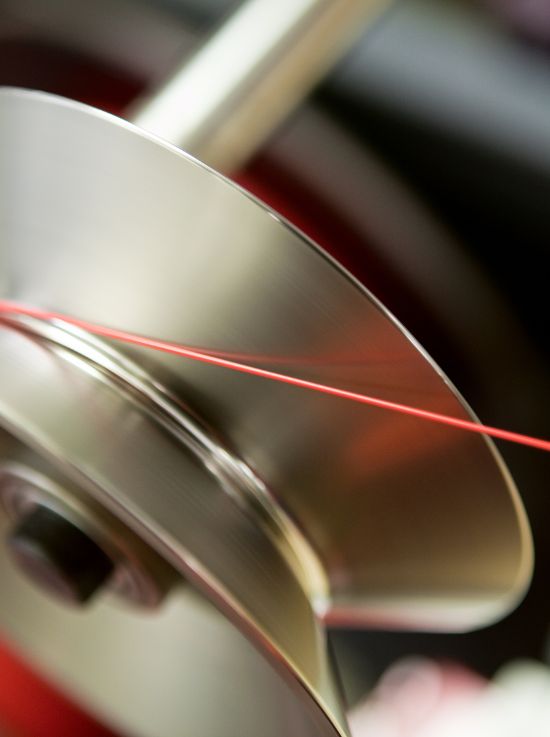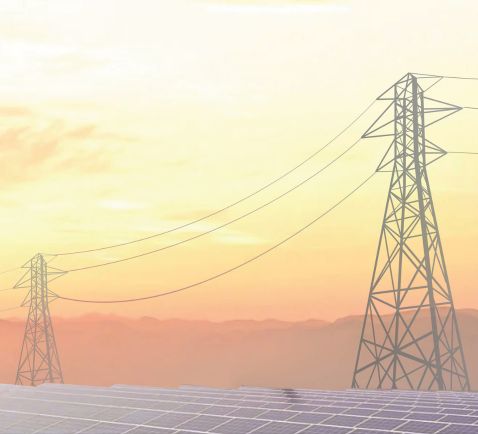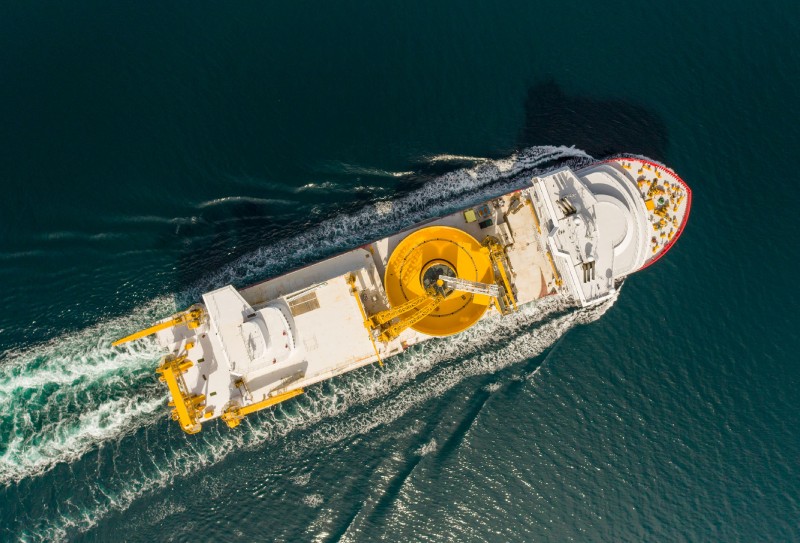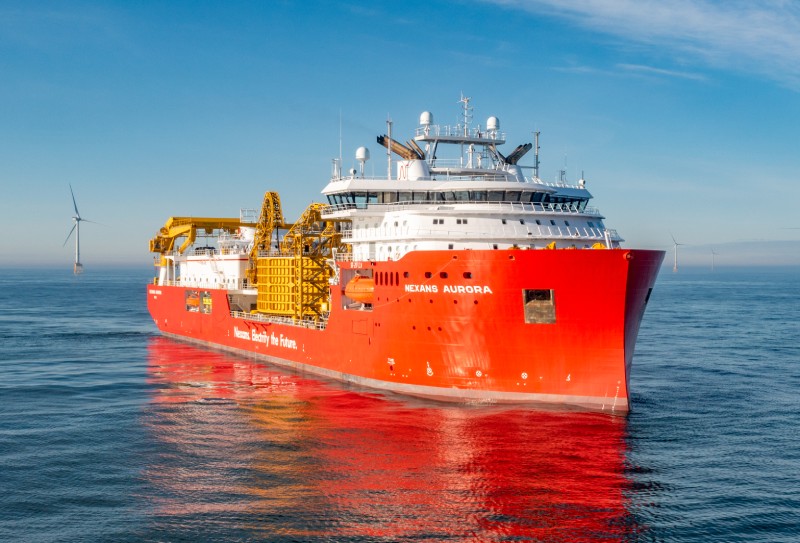- The new interconnection will enable Crete’s renewable energy transition by providing a one gigawatt (GW) link between the island Crete and Greece’s mainland network.
- Nexans will design, manufacture and lay 335 kilometers of subsea HVDC cable at water depths down to 1,200 meters.
- Contract value exceeds €220m and is part of Nexans’ current €1.6bn order backlog for subsea cable projects.
Nexans has been awarded a major contract to design, manufacture and install a 335km subsea high voltage direct current (HVDC) cable system for Ariadne Interconnection S.P.S.A, owned 100 percent by IPTO, Greece’s state grid operator. The interconnection will link the electricity network on mainland Greece to Crete. The project will provide security of supply for the island and enables the transition from fossil fuel generation to renewable wind and solar energy resources.
Crete is the largest of the Greek islands, with a population of around 700,000 people. It also attracts over 4 million visitors a year, mainly during the summer. The island currently relies mainly on out-dated fossil fuel generation. The new submarine cable interconnection will ensure that Crete has a reliable power supply essential for its future prosperity. The interconnection will also reduce emissions, making the island even more attractive to tourists, and also helping it to develop its own renewable energy resources by enabling excess generation to be exported back to the mainland.
The cable will span a subsea distance of 335 km from the Attica region on the Greek mainland to the Herakleion area in Crete. Over a 35-month project, Nexans will provide one 500 megawatt (MW) HVDC subsea cable system to form half of the total 1,000 MW bipole interconnection.
The Nexans cable, rated at 500,000 Volt, is based on its well-proven mass impregnated nondraining (MIND) design for HVDC cable systems and will integrate fiber optic elements for sensor applications. The near-shore sections of the cable, to be installed at water depths down to 100 meters, will feature an aluminium conductor core with a cross-section of 1,800 mm². The deeper sections of the cable, installed at depths down to 1,200 meters, will feature a 1,500 mm² crosssection aluminium conductor. The cable will be protected by trenching into the seabed using the Nexans Capjet water jetting system down to 600 meters water depth.
The HVDC cable will be manufactured in the Nexans plant in Halden, Norway and/or the plant in Futtsu, Japan. It will be installed by one of Nexans’ own dedicated cable vessels – Nexans Skagerrak or new Nexans Aurora. The interconnection is scheduled to come on line in 2023.

